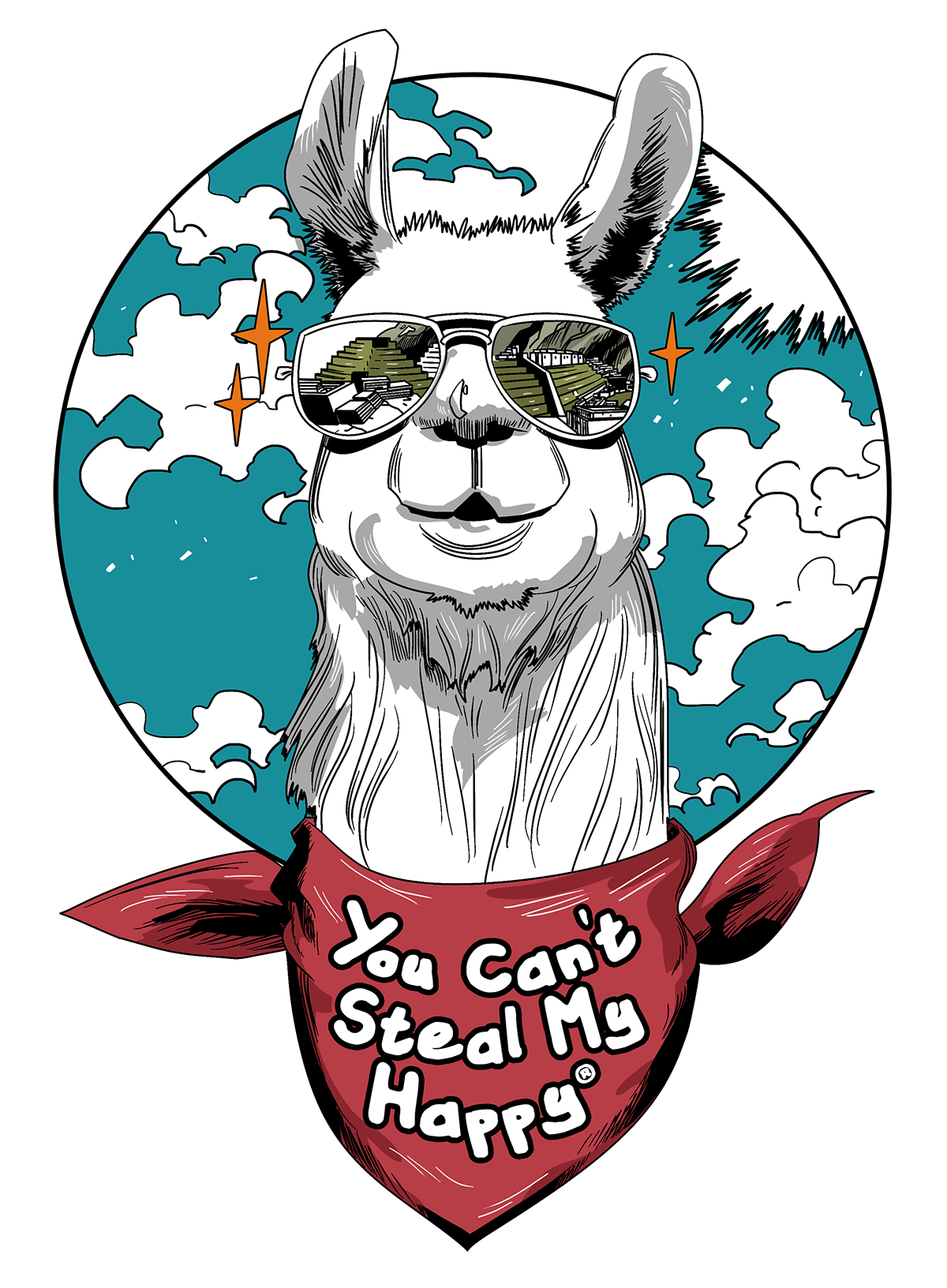Albania
HOW TO GET THERE
CURRENCY
Please beware of this common scam where the machine tries to trick you into paying higher conversion rates. The bottom line is never select the “Accept Conversion” rate option, always select the “Reject Conversion” option. Please watch this video to see how they try to trick you and avoid this scam.
ENTRY REQUIREMENTS
There are no visas required to visit Albania.
The entry requirement for US citizens to visit Albania is a passport with at least 3 months of validity and 1 blank page. For more information, please visit the State Department website here.
Currently, there are no required vaccinations to enter Albania for US citizens but we always recommend checking Sherpa travel requirements that are updated by the government. That site can be found here.
ELECTRICAL PLUGS
In Albania the power plug sockets are of type C and F, which have two round pins. The standard voltage is 230 V and the frequency is 50 Hz.
Click here to purchase your adapter/converter and see other travel accessories that will be great for this trip.
TIPPING
WEATHER & WHAT TO WEAR
Weather
Albania has a Mediterranean climate, with hot, dry summers and mild, wet winters. Temperatures vary between lowland coasts and the highlands, but generally everywhere is pleasant year-round. In the lowlands, average summer temperatures are 75°F with highs reaching 90°F. In the highlands, average summer temperatures are in the mid 70°F range.
What to Wear
Typical casual attire of jeans/tights, shorts, T-shirts, sandals, and sneakers are acceptable. People in Tirana tend to dress up more in the evenings. You’ll need a good pair of walking shoes for the majority of the trip. Don’t forget a swim suit and proper beach shoes for your beach day and the Blue Eye. A light sweater or jacket is always recommended.
ACCOMODATIONS
DINING OVERVIEW
TRANSPORTATION
There is no Uber in Albania but taxis are readily available in Tirana.
SAFETY & SECURITY
INTRO, HISTORY & GEOGRAPHY
This ancient land, formerly called Illyria, was mentioned in histories dating from the fourth century BC. More than 90% of Albania’s population is Shqiptare—descended from the ancient Illyrians. The region was conquered by the Romans in 167 BC and again by the Ottoman Turks, who controlled it for more than 400 years. The Turks were challenged in the 15th century by Albanian bey (feudal lord) Gjergj Kastrioti. Called Skanderbeg, he became the national hero of Albania, fighting against the Turks for 24 years. In a series of battles, he carved an Albanian
nation from the Ottoman lands.
After his death, the region returned to Turkish rule, where it remained until 1912, when Albania achieved a short-lived independence before being swept into World War I. In 1920, Albania once again gained its independence, which it maintained for the next 18 years before Italy invaded on the eve of World War II. When Italy surrendered to the Allies in 1943, Albania was subsequently taken over by Nazi Germany. Enver Hoxha and his communist partisans began a guerrilla war against the Nazis and controlled most of Albania by 1944. That same year, the communists proclaimed Albania a republic and elected Hoxha its premier
Over the next three decades, Albania allied itself with other communist countries (Yugoslavia, China, the U.S.S.R.) before eventually turning its back on them (and the rest of the world) in 1978. The country spent the next 10 years in complete isolation. After Hoxha’s death in 1985 and the fall of communism in Eastern Europe four years later, Albania moved slowly toward multiparty elections. After a period of instability, plagued with ineffective government and a financially devastating pyramid scheme, life has settled. Satellite TV, mobile phones and upscale hotels converge with sheep on the highway, horse-and-cart transportation and fields tilled by hand. Some problems still exist: Car use has escalated, but road infrastructure lags behind, and public utilities may fail for part of the day. Many cities and towns are still marred by unattractive communist-style buildings. The government is now acting to control shoddy development, especially in Tirana, and build more eye-pleasing structures as well as to encourage more foreign investment in the country.
Albanians explain the country’s geography this way: Albania was one of the last countries to be created by God, and all he had left were mountains. They are impressive mountains, however —a continuation of the Italian and Dinaric Alps. The mountainside terraces, built over decades by “volunteer” student labor, are lined with orange groves and olive trees. The country also has beautiful lakes and numerous streams and rivers. The seacoasts are sandy along the Adriatic and rocky along the Ionian.
